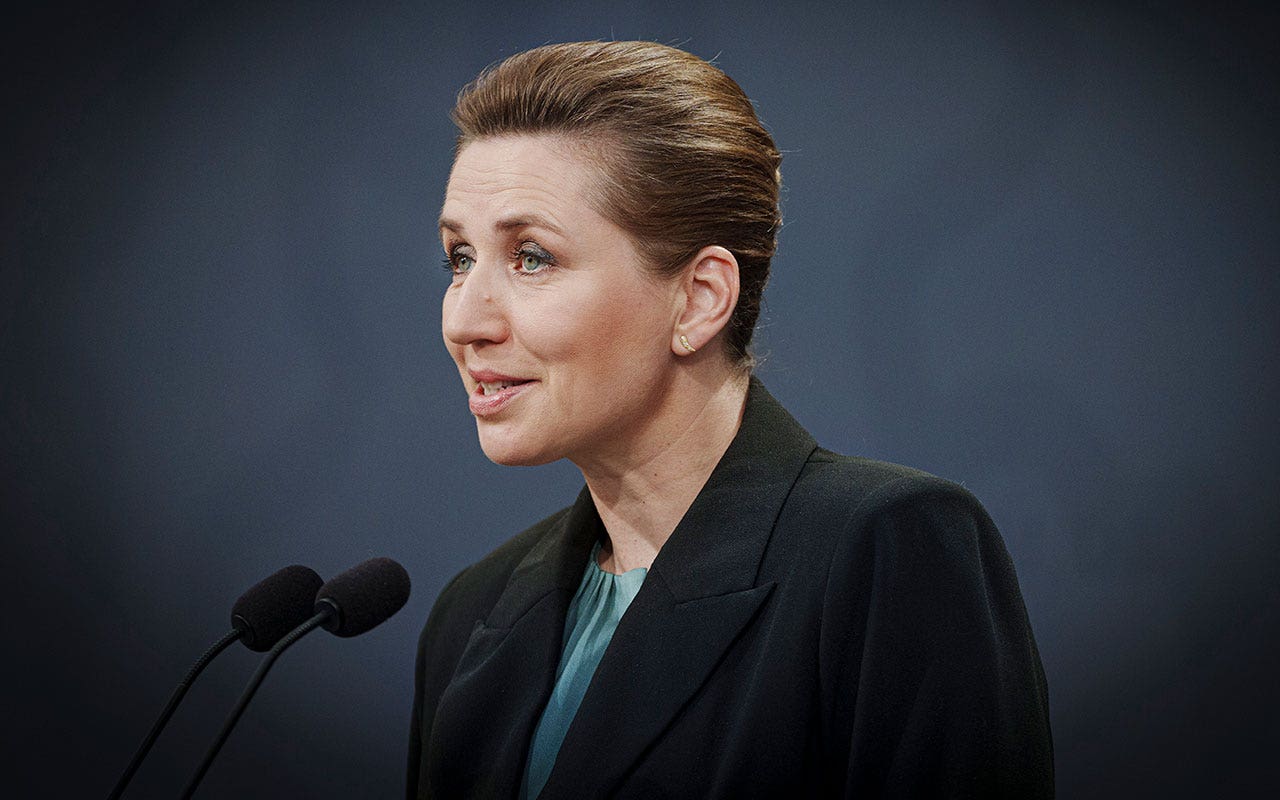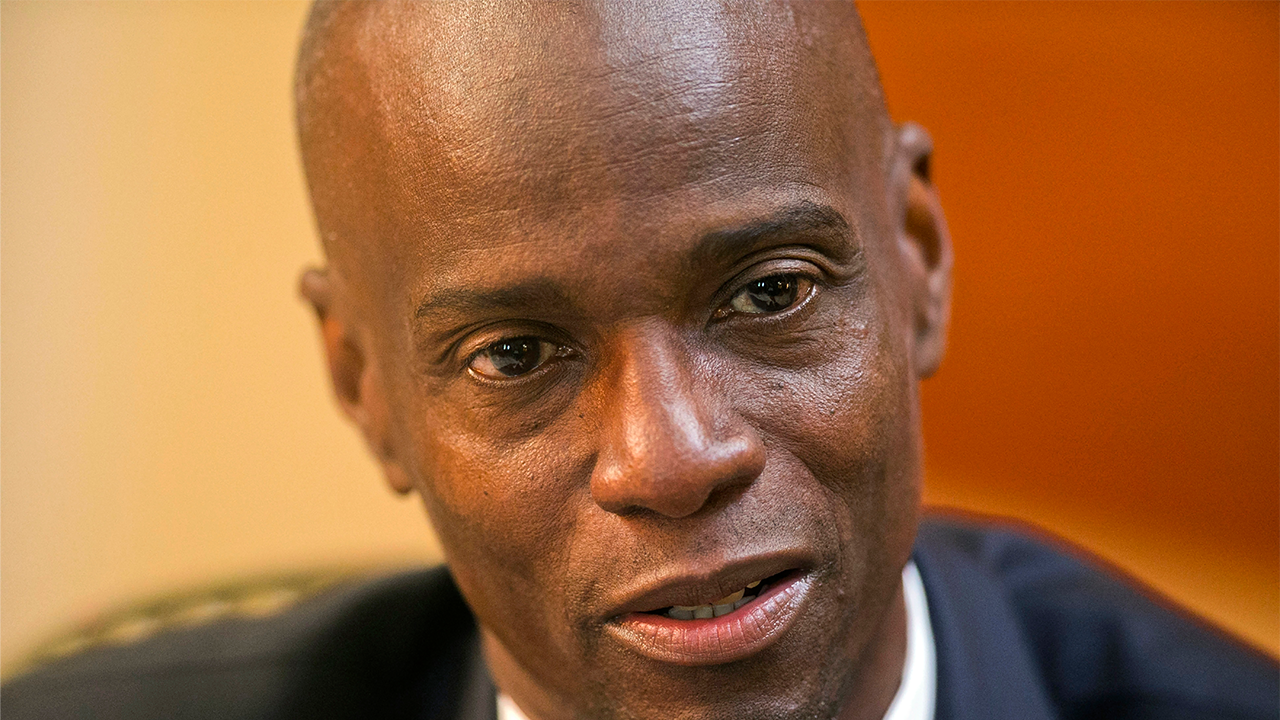Swedish grandparents became eligible for paid parental leave this week after the country enacted a trailblazing new law aimed at extending child care benefits beyond a child’s immediate family.
Under the change, which took effect Monday, parents are able to transfer a portion of their parental leave days to other caretakers, cementing Sweden’s reputation as a global trendsetter in progressive parental leave policies.
The law enables single parents to transfer up to 90 days of paid leave to other caregivers and a parental couple to transfer up to 45 days, according to the Swedish government’s Social Insurance Agency.
The law was approved by the Riksdag, Sweden’s 349-seat parliament, last December.
Leo Gullbring, a freelance copywriter based in Lund, Sweden, who is expecting his second grandchild in August, said he anticipates stepping in to help his son in the nearby city of Malmo with child care.
When asked what he thought of the new law, Mr. Gullbring called it “great,” and praised Sweden’s already-bountiful welfare system for getting “even better.”
This is not Sweden’s first foray into groundbreaking social services. Swedish citizens pay some of the world’s highest taxes, but in return receive state-financed health care, free education up through college and generous unemployment benefits.
The Nordic country of more than 10 million people also has some of the most expansive parental leave laws and grants 480 days of paid time off per child, distributed between the parents. During the child’s first year, parents can take 30 days of that leave together.
Sweden’s guidelines are in sharp contrast to the United States, which is one of only a handful of Western countries that does not guarantee any paid maternity or parental leave.
Only federal employees and workers in a handful of U.S. states are given legally protected parental leave, making it an outlier among many wealthy countries.
“Nordic countries that have very generous policies to begin with, they keep getting more generous and more flexible, and we seem to keep getting farther and farther behind,” said Richard Petts, a professor of sociology at Ball State University and an expert on parental leave.
Though parental leave policies in countries like Sweden are seen as the “gold standard,” around the world, such generosity is “not realistic for the United States” because of resistance to higher levels of taxation, Professor Petts said.
Research has shown that maternal and parental leave programs tend to increase healthy outcomes for families after a birth, benefiting both the birthing parent and infants in the long term.
Professor Petts said Sweden’s new, more expansive guidelines will likely improve the country’s work-life balance, particularly for single parents.
The new law, he said, “recognizes the increasing complexities of balancing work and family.”
Christina Anderson contributed reporting from Stockholm, Sweden.






